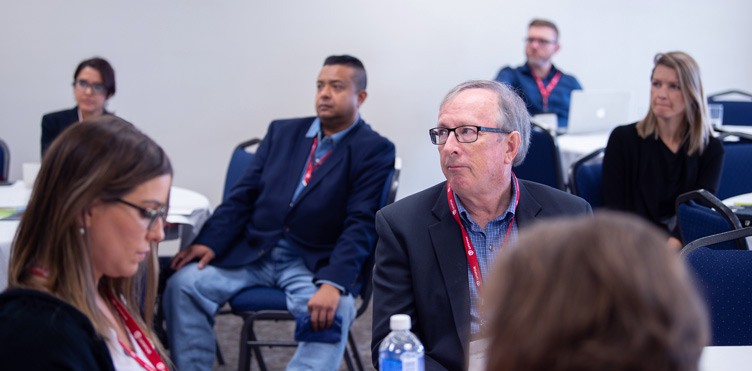MMFC Research partnerships

The MMFC staff welcome suggestions for new research teams, fellows and projects in the Atlantic region, especially those in line with our Strategic Priorities. These include:
- violence against people with disabilities
- risk assessment and risk assessment tools
- inclusion of family violence in the curriculum and training of professionals;
- trafficking of women and girls in Atlantic Canada
- violence against Indigenous women and girls
- violence against gender minorities
- training in the justice system
- sexual violence
Other family violence-related research proposals are also welcome. All research projects and fellows must be consistent with our mandate and conform to our research policy. Individuals or groups who are interested in conducting collaborative, action-oriented research under the auspices of MMFC are encouraged to contact us.
We welcome the opportunity to partner on projects under the leadership of scholars outside of the Atlantic region, as well as with regional community organizations or government departments. Some recent projects include:
- The Canadian Domestic Homicide Prevention Initiative with Vulnerable Populations, led by academic researchers at Western University
- iCAN Plan 4 Safety, a collaboration between the University of British Columbia, Western University and nursing faculty at UNB
- Evaluation of the project "Maintain: Trauma Informed Principles for Trauma Exposed Workplaces" for Sexual Violence New Brunswick
- Collecting and analyzing data on members' experiences of sexual violence for the Association of New Brunswick Massage Therapists
- Review of Best Practices and Services available to Children who Witness D/IPV and Recommendations for Improvement for the Women's Equality Branch of the Executive Council of the Government of New Brunswick
MMFC staff and researchers frequently serve on committees, boards, and other initiatives, adding a research and education perspective when addressing social concerns and problems. Examples include:
